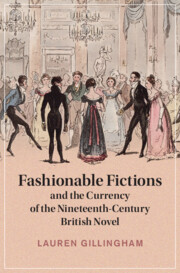
- Cited by 1
-
Cited byCrossref Citations
This Book has been cited by the following publications. This list is generated based on data provided by Crossref.
2024. Acoustics in Nineteenth-Century Literature and Science. p. 294.
- Publisher:
- Cambridge University Press
- Online publication date:
- May 2023
- Print publication year:
- 2023
- Online ISBN:
- 9781009296540
- Subjects:
- Literature, English Literature 1830-1900


